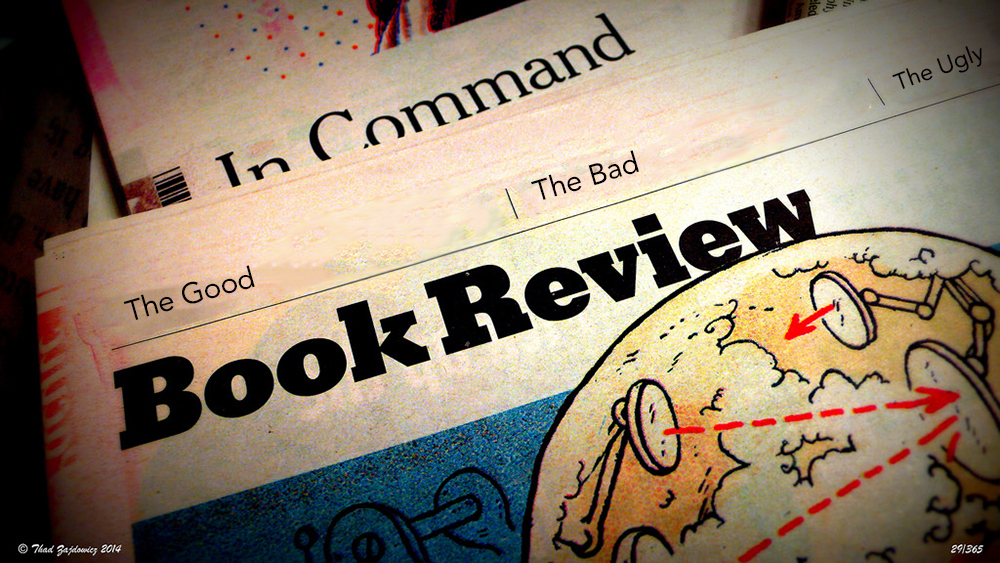Step one: write a book; step two: publish it; step three: get people to read it. It’s this third step that most authors (and their publishers) find elusive. Word of mouth still is and has always been the primary way to spread the news of available books. The problem today is that there are millions of books, and even the most avid of readers could never hope to read everything within their favorite genre. This is where book reviews come in.
It should come as no surprise that book reviews are important, from the most famous authors to the smallest publisher. While everyone in the publishing industry cares about book reviews, there are several levels of book reviewers. There are the professionals who write and review for the larger publications like The New York Times, Publishers Weekly, and Kirkus, then there are book bloggers of varying experience levels and tastes, and finally, with sites like Goodreads and Amazon, anyone can be a book reviewer. And since anyone can be a reviewer, almost all books end up with reviews. This is great for readers who want honest opinions to help make a selection, but some of these sites are full of dishonest or fake reviews.
Amazon encourages reviews of all their products, not only books. And while no one outside the company actually understands their algorithms, it seems likely that positive reviews lead to higher sales and negative reviews do the opposite. Amazon takes this further, however, when their magical algorithm adjusts the item’s (or book’s) placement and rankings. Lately, the company has been struggling to counter against some review scammers. These groups arrange for companies to pay people to post positive reviews for their products and to leave negative reviews for the competition’s products. While this digital version of corporate espionage is rarely—if ever—applied to books, the detrimental effects of negative reviews are clear and apply to book sales as well.
Book reviews are nothing new, and any author will receive the advice that they must accept the good with the bad. Some readers point out that a book with zero bad reviews feels fake to them, which makes a sprinkling of negative reviews actually a good thing. But not all bad reviews are created equal and there are limits to what any person should have to endure. First, there are obviously fraudulent negative reviews. All books deserve a chance, and a negative review before the book is out hinders its chance. Then there are some extremely malicious reviews to watch out for; no author should be told to give up writing and die. These so-called reviews rarely include anything specific about the book and are clearly a form of harassment that must be stopped.
We are all—authors, publishers, and consumers alike—dependant on book reviews for sales and purchasing decisions. There still must be something we can do to address these hateful and fake bad book reviews. The consumer book reviewing system will never be perfect, but perhaps if the writing community works together, we can make some improvements. Authors will always have to face negative reviews, but for the truly harassing or outright fraudulent reviews, many sites like Goodreads will take action if it is pointed out to them. Authors should report fake reviews and those that could be categorized as harassment. If enough of these types of reviews get reported, hopefully, the sites will address the issue. Readers can help by also reporting fake reviews and leaving honest reviews. If the small and independent book world works together, we can encourage changes for the good.

